Medicines360 joins individuals and communities across the country in celebration of National Women’s Health Week, the annual weeklong observance led by the U.S. Department of Health and Human Services’ Office on Women’s Health (OWH). This year’s observance, perhaps more so than any in recent history, offers the nation a timely opportunity to center women and consider the myriad ways in which we should support all women achieving their best possible health outcomes.
The global pandemic has laid bare the inequities that women face in their lives. Just last month, Oxfam International published a report that women lost at least $800 billion in income last year, more than the equivalent of 98 countries’ gross domestic product combined1. In the U.S. alone, of the nearly ten million jobs lost since February 2020, women’s job losses accounted for 55%, with 100% of the jobs lost in December 2020 being jobs lost by women2. Health equity will remain out of reach until we prioritize addressing the systemic barriers that prevent women from accessing the quality care and medicines they need.
At Medicines360, we recognize the essential role that equitable access to quality medicines plays in women’s health. That is why we are committed to partnering with an array of stakeholders, including industry, healthcare providers, patients, and the government to support meaningful and positive change. We applaud the Biden administration for the strides it has taken to improve equitable access. From this week’s appointment of a well-regarded family planning expert to lead the nation’s family planning program to its efforts to develop and implement comprehensive strategic plans that incorporate women’s health as a central component of the public health agenda, the Biden administration is taking the much-needed action that supports both near-term and long-term public health goals.
There is still work to be done: improved diversity of women in clinical trials, increased transparency around women’s health scientific data and evidence, and increased investment in and innovation of women’s health products and services to name just a few. Making progress in these areas coupled with a focus on access and affordability would significantly benefit women and their families.
During this National Women’s Health Week, let us all reflect on not only the women’s health challenges and successes of the past, but how we can continue efforts to eliminate inequities within existing healthcare systems. Doing so together, we can make an essential difference in the lives of women, everywhere.

